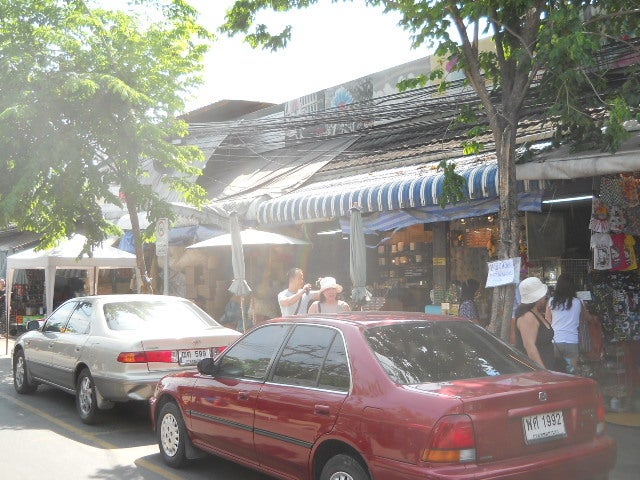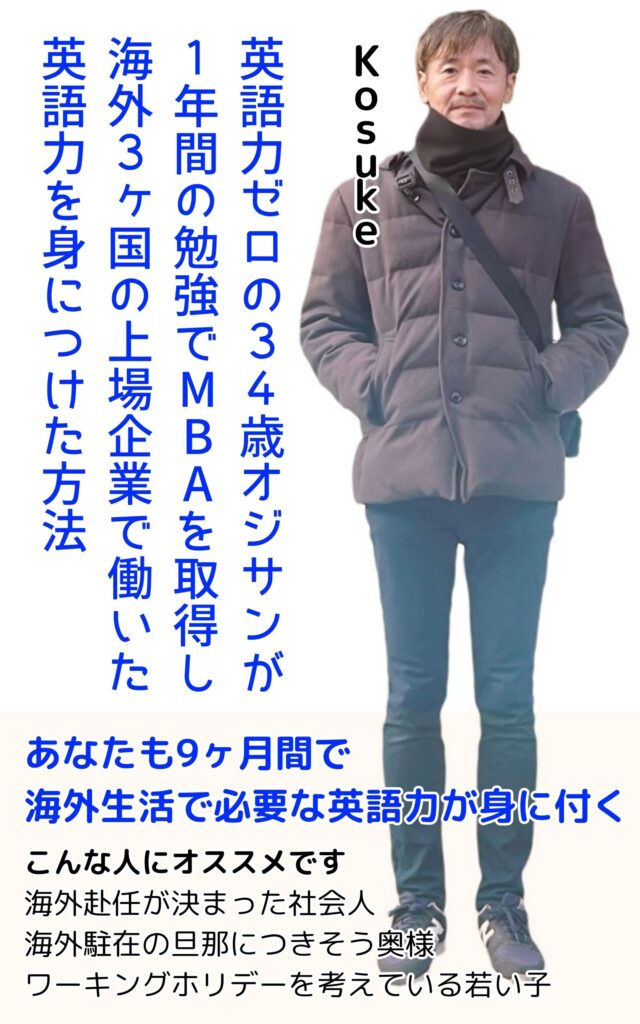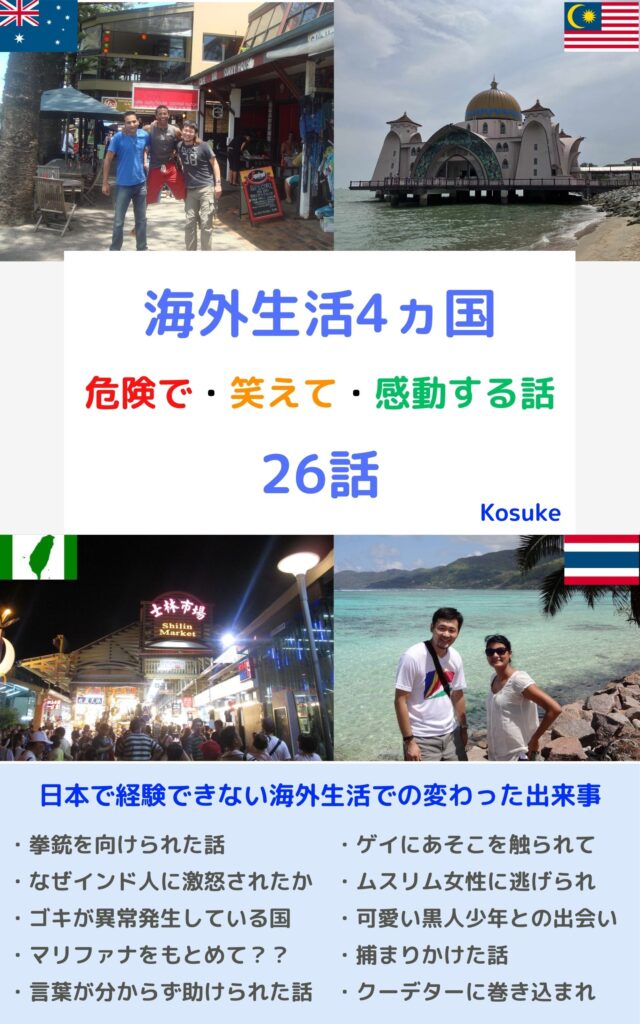タイに旅行に行かれた方なら知っていると思いますが、タイには有名なウィークエンドマーケットが開かれます。場所はモチッ駅だったと思います。間違っていたらすいません。BTSの終点の駅です。
If you have traveled to Thailand, you are likely familiar with the famous weekend market that takes place there. I believe it is located near Mo Chit Station, which is the final station of the BTS Skytrain. I apologize if I’m mistaken.
私が輸入雑貨を販売していたときにタイに買い付けに行く時には、そのウィークエンドマーケットも時々利用をしました。他の国から買い付けに来た人が大きなカートなどを持っている人を見る事もあります。店舗の人もカートを引いて商品を運んでいますが、それとは違います。
When I used to go to Thailand to source imported goods, I would occasionally visit this weekend market. Sometimes, you would see people from other countries with large carts, purchasing a lot of items. While the vendors at the market also use carts to transport their goods, it’s a different scenario.
ただ、他にもう少し安い場所に買い付けに行くと値段が相当に違う場合もあります。日本人の感覚から言えば、そこのマーケットの商品は安いですが、他で業者向けのもっと安いマーケットを見てしまうと若干高いと感じる事もあります。
However, there are other places where you can find even cheaper products. The prices can vary significantly. From a Japanese perspective, the items at the weekend market may seem inexpensive, but once you discover the even cheaper markets that cater to wholesalers, you might find the weekend market prices slightly higher.
その為に、本当にレアなものだけをウィークエンドマーケットでは買うようにしているのですが、タイで物を買うときにコツがあるようです。タイ人の商売人も片言ですが、日本語を話せる人がいます。
As a result, I only purchase truly unique items at the weekend market. There seems to be a trick when buying things in Thailand. Some Thai vendors can speak basic Japanese.
「安いから見てってよ~」みたいな感じで話掛けられる事もあります。そして、相手に日本語が通じるからと日本語で対応すると相当にボッタくられます。現地の人に売る値段の3倍くらい言ってくる人もいるようです。
They might approach you saying something like, “It’s cheap, please take a look,” in a friendly manner. If you respond in Japanese, thinking that they can understand you, they might significantly raise the prices, sometimes even three times higher than the local selling price.
次に英語で交渉をすると現地の人の2倍くらいの値段になるようです。そして、なるべくなら現地の言葉を使うのが一番良いようです。それでも現地の人の1.5倍くらいは乗せてくると思います。
If I reply in English, they said to me double of the normal price. That is why I should use Thai language if pIf you negotiate in English, they tend to offer prices twice as high as the normal price. Therefore, it’s best to use the local language if possible. Even then, they might still raise the price by about 1.5 times the normal price.
ツアーなどで行くと必ず言われると思いますが、絶対に値段交渉をして下さいといわれると思います。これはなるべくした方が良いです。1つ1つで買い物をするとたいした金額ではないですが、たくさん買っていくと相当に値段が嵩む筈です。
If you go on a tour, the tour guide will likely advise you to negotiate the price. It’s definitely recommended to try bargaining. While the individual prices may not be significant, if you buy a lot of items, the overall amount can become substantial.
ちなみに値段を聞くときは「ニー・タウライ・カップ」です。二ーは「これ」「タウライ」は「値段」で「カップ」は丁寧語を意味しますので、省略も可能です。次に値段を負けて下さいは「ペーン・ダイマイ・カップ」だったと思います。
By the way, when asking for the price, you can say “nee tau rai cup.” “Nee” means “this,” “tau rai” means “price,” and “cup” is a polite expression that can be omitted. To request a discount, you can say “pen dai mai cup,” I believe.
「ペーン」は値引き。「ダイ」は可能、「マイ」は疑問文、「カップ」は丁寧語といった感じです。また、ありがとうは「コックプン・カップ」です。これはそのままありがとうです。正直、買い付けでもこれと数字さえ覚えていけば何とかなります。本当に困った時は英語を使うといった感じです。下にウィークエンドマーケットの写真と、その時の動画が見当たらなかったので、そこで食べた食事の動画だけ紹介します。
“Pen” means “discount,” “dai” means “possible,” “mai” forms a question, and “cup” is a polite expression. Additionally, “thank you” is “khob khun cup,” which is a direct translation of “thank you.” Honestly, if you remember these phrases and numbers, you should be able to manage. You can resort to using English when you are truly in a bind. Unfortunately, I couldn’t find any pictures or videos of the weekend market, so I will share a video of the meals I had there instead.



特に日曜の午後などは凄く混みます。下はその周辺の様子です。ウィークエンドマーケットには午前中に行く事をお勧めします。
It gets particularly crowded on Sunday afternoons. The picture below shows the surrounding area. I recommend visiting the weekend market in the morning.







